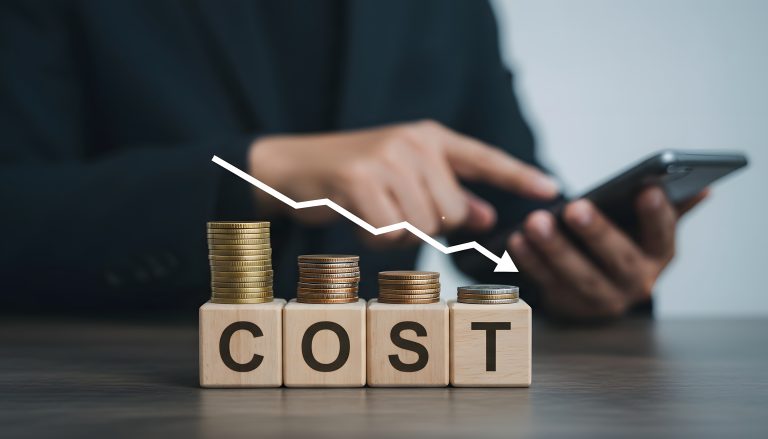In the ever-evolving landscape of global commerce, cross-border trade presents both opportunities and challenges. For businesses engaged in international transactions, navigating the complex web of regulations is a critical aspect of operations. This article delves into the primary regulatory hurdles faced in cross-border trade and explores how platforms like Hi-Fella can streamline compliance and facilitate smoother international dealings.
Understanding the Regulatory Landscape
Cross-border trade is governed by a myriad of regulations that vary by country and region. These regulations are designed to ensure fair trade practices, protect national interests, and uphold international standards. However, they can also pose significant challenges for businesses, especially those lacking dedicated compliance resources.
Key Regulatory Challenges
- Customs Procedures and Documentation: Each country has its own customs requirements, including specific documentation, tariffs, and inspection protocols. Incomplete or incorrect documentation can lead to delays, fines, or seizure of goods.
- Trade Sanctions and Embargoes: Governments may impose sanctions or embargoes against certain countries, entities, or individuals. Engaging in trade with sanctioned parties can result in severe penalties.
- Export Controls: Certain goods, technologies, or services are subject to export controls due to national security concerns. Exporting such items without proper authorization can lead to legal repercussions.
- Product Standards and Compliance: Different countries have varying standards for product safety, quality, and labeling. Non-compliance can result in goods being rejected or recalled.
- Intellectual Property Rights (IPR) Enforcement: Protecting IPR is crucial in international trade. Counterfeit goods not only harm brand reputation but also violate legal protections.
- Value-Added Tax (VAT) and Duties: Understanding and correctly applying VAT and import duties is essential to avoid unexpected costs and ensure accurate pricing.
The Role of Technology in Simplifying Compliance
Advancements in technology have paved the way for innovative solutions to address regulatory challenges in cross-border trade. Digital platforms can automate compliance processes, provide real-time updates on regulatory changes, and facilitate seamless communication between stakeholders.
Introducing Hi-Fella: A Comprehensive Solution
Hi-Fella is a digital platform designed to assist businesses in navigating the complexities of international trade. By integrating various tools and resources, Hi-Fella aims to simplify compliance and enhance operational efficiency.
Key Features of Hi-Fella
- Centralized Regulatory Information: Hi-Fella provides users with access to up-to-date information on trade regulations, customs procedures, and compliance requirements across different countries.
- Automated Documentation: The platform offers templates and automated tools for generating necessary trade documents, reducing the risk of errors and ensuring consistency.
- Sanctioned Party Screening: Hi-Fella includes features to screen potential partners against global sanctions lists, helping businesses avoid inadvertent violations.
- Export Control Management: The platform assists in identifying goods subject to export controls and guides users through the necessary licensing processes.
- Product Compliance Tools: Hi-Fella offers resources to verify product standards and labeling requirements in target markets, ensuring compliance with local regulations.
- IPR Protection Resources: The platform provides guidance on protecting intellectual property rights and combating counterfeit goods in international trade.
- Tax and Duty Calculators: Hi-Fella includes tools to estimate VAT and import duties, aiding in accurate pricing and cost management.
Benefits of Using Hi-Fella
- Efficiency: Automating compliance processes reduces manual workload and accelerates trade operations.
- Accuracy: Access to reliable, up-to-date information minimizes the risk of non-compliance due to outdated or incorrect data.
- Risk Mitigation: Proactive screening and compliance checks help prevent legal issues and financial penalties.
- Cost Savings: Streamlined processes and accurate duty calculations contribute to better financial planning and reduced operational costs.
- Scalability: Hi-Fella’s tools support businesses as they expand into new markets, adapting to varying regulatory environments.
Navigating the regulatory landscape of cross-border trade is a complex but essential aspect of international business. Platforms like Hi-Fella offer comprehensive solutions to simplify compliance, reduce risks, and enhance operational efficiency. By leveraging technology and centralized resources, businesses can confidently engage in global trade, knowing they have the tools to meet regulatory requirements and capitalize on international opportunities.
Join Hi-Fella Today!
Cross-border trade comes with its fair share of regulatory hurdles — from customs complexities to ever-changing international standards. But with Hi-Fella, you don’t have to face them alone. Hi-Fella empowers export-import businesses by providing access to verified, regulation-aware partners, streamlined documentation tools, and insights that help you stay ahead of compliance requirements.
It’s more than a B2B platform — it’s your ally in navigating global trade with confidence and clarity. If you’re ready to overcome regulatory roadblocks and focus on real growth, Hi-Fella is the smart choice to move your business forward.








